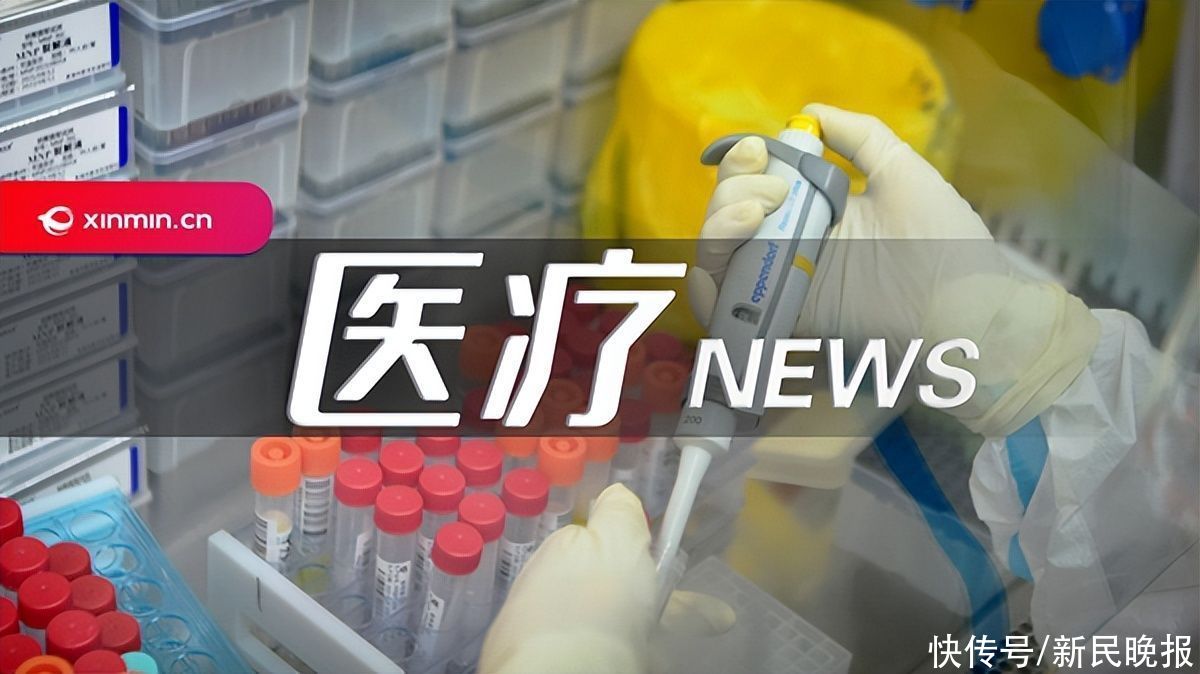
Yesterday, Pfizer’s innovative drug, the world’s first third-generation ALK inhibitor, Borina (generic name: Lora) Lorlatinib Tablets) was prescribed on the first day in Shanghai by the thoracic tumor multidisciplinary team of Fudan University Affiliated Cancer Hospital led by Professor Chen Haiquan, which marks that the global innovative therapy for ALK-positive advanced non-small cell lung cancer (NSCLC) has officially benefited my country For patients, it is expected to reshape the existing treatment landscape and help patients achieve their wishes for longer survival time, fewer brain metastases, and higher quality of life.
Borina is a tyrosine kinase inhibitor (TKI) with a unique small molecule macrocyclic amide structure, which has better antitumor activity and intracranial penetration and anti-drug activity. On April 27 this year, the National Medical Products Administration officially approved Borrena® as a single agent for the treatment of patients with anaplastic lymphoma kinase (ALK)-positive locally advanced or metastatic NSCLC, which has become a major milestone in the history of the treatment of ALK-positive advanced NSCLC in my country. A milestone breakthrough.
In China, lung cancer ranks first in morbidity and mortality, and the disease burden is increasing. NSCLC is the most common type of lung cancer. About 3%-7% of NSCLC patients have ALK gene mutations, which is a relatively small group of patients in lung cancer subtypes. The average age of ALK-positive advanced NSCLC patients is 52 years old, and they are in the golden age of youth. Data show that about 20%-40% of ALK-positive advanced NSCLC patients have developed brain metastases at the time of initial diagnosis, and the incidence rate increases with time. high, posing severe challenges to patient survival.
However, ALK gene mutation is also known as “diamond mutation”, and these patients are more effective for targeted drugs. With the emergence of ALK inhibitors, ALK-positive NSCLC patients disease progression was well controlled.
Drugs in the field of ALK-positive non-small cell lung cancer currently have classic drugs such as first-generation crizotinib and second-generation alectinib on the market. There are still serious unmet needs for patients with metastases and those who are resistant to first- and second-generation ALK inhibitors. The treatment of second-generation drug-resistant patients can help improve the progression-free survival of such patients and reduce their risk of disease progression or death. Professor Chen Haiquan, Director of the Institute of Thoracic Oncology, Fudan University, Director of Thoracic Surgery, Fudan University Affiliated Cancer Hospital, and Chief Multidisciplinary Expert of Thoracic Oncology, said: “We hope that lorlatinib can be included in medical insurance as soon as possible to improve patient accessibility, while promoting The upgrading of clinical drug use.”
In recent years, the state has introduced many policies to promote the reform of the drug review and approval system. In July 2020, Borina was approved for import by the Hainan Provincial Food and Drug Administration as a clinically urgently needed drug, and patients began to receive treatment in Hainan. At present, several patients have benefited from Borina’s treatment.
Xinmin Evening News reporter Zuo Yan